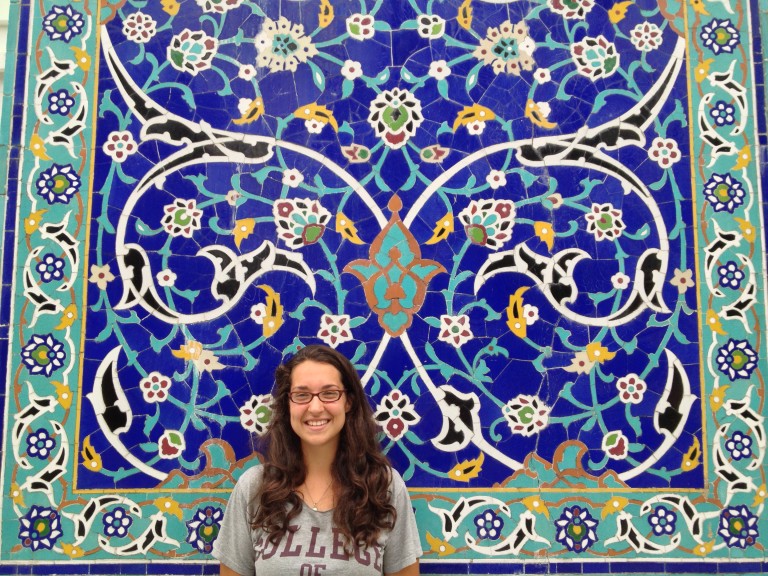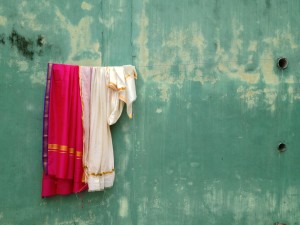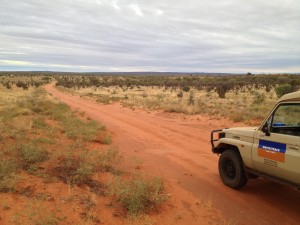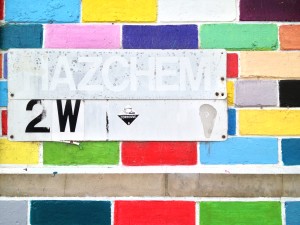One of the most difficult parts of traveling alone can be the unpredictable nature of human interaction. For two weeks, you’re buddied up with another traveler, sharing the same tiny rooms and seeing everything together, the next week you’re alone and conversations seem to fall flat and your only company is yourself.
On long, solo trips, loneliness can enter without much of an announcement. You’re prepared to be alone. You’ve done your research. You’ve reassured yourself that you’ll be just fine. Your other friends have done it — and they’ve told you that you’ll be fine, too. So you tighten your bag’s straps, and you make do, and you keep yourself company in those times when it’s necessary.
And then the loneliness comes. the slow, grey fog; the desire to stay in bed all day; the resistance to jumping into new experiences. When I hit the 3.5 month mark of traveling alone, and I started to falter. I stayed in Singapore for a week, sick, bored, restless, sad, and isolated. Those emotions and experiences can be hard to parse. I didn’t recognize the signs of being isolated and lonely because I was out of my normal element – with constant bus rides and new friends and border crossings, I found it more difficult to identify my own baseline normal.
Now that I know what my loneliness and isolation feels like after looking back at my trip from a few years distance, I can recognize those feelings and plan for the future. These are strategies that help me stay connected to my own networks of people, and rooted in my own identity, even while traveling alone for long periods of time.
Collect the information of folks you know will support you before you leave home.
I keep a small, paper address book. (Which is actually the back insert from a pocket Moleskine calendar.) I write down the addresses of everybody I know that would be excited to receive a postcard. My mom. My college roommate. My friend I haven’t seen in years, but who is the same kind of traveling type, and loves mail. My best friends.
When I start to feel like I’m existing in a thick bubble, separated from others, I plan a day for myself at a café or library or park where I can write to the people in my life.
My tendency while traveling is to push, push, push. A day spent in the same place without an adventure can feel like a waste. This anxiety is difficult to resist; however, it’s important to remember that we all require down time. Without caring for our basic needs, our capacity to travel long distances for months on end — and actually enjoy ourselves — is diminished. Writing postcards grounds me, gently requires me to take stock of my trip, and helps me feel less alone.
Make a list of people you can contact digitally when you’re feeling isolated.
I find that when I’m feeling the most lonely, that’s when I have the hardest time connecting or reaching out.
If you know you’re prone to these tendencies, make an index card of your top resources. The people who will answer your emails if you send them a short update. I find that the more visual my reminder, the more useful. Even though you may have your mom’s email address saved in your Gmail inbox, a clean list with her name and her contact information can be powerful in moments of sadness.
Join an internet resource to find other travelers in your area — and connect.
One Christmas, a good friend and I had rented a flat in Paris. We were both out of fresh breakups, traveling internationally together for the first time, and in a strange place for a favorite holiday. We had not expected to feel so down about being alone on Christmas, but it hit us hard.
We posted on a forum with a call for other Americans, assorted expats, and Parisians to come to our flat for the a Christmas dinner for the lonely. A band of mismatched travelers and locals showed up for our dinner with 8 bottles of wine and more cheese than any party could eat. We all stayed connected through the remainder of our time in Paris, and I’ve since traveled with one of those friends through Oceania.
CouchSurfing, Reddit, and Facebook are all incredibly useful places to meet other traveling folks.
Allison Smith is a queer freelance editor, creative writer, and avid traveler who spends her 9-5 working at the King County Sexual Assault Resource Center.
[instagram-feed]
Find this article interesting or helpful? Like or share it on facebook!



